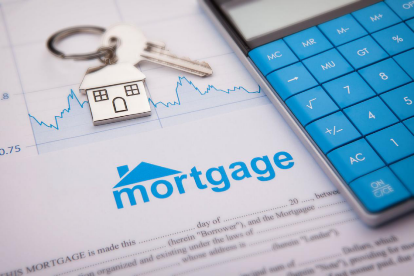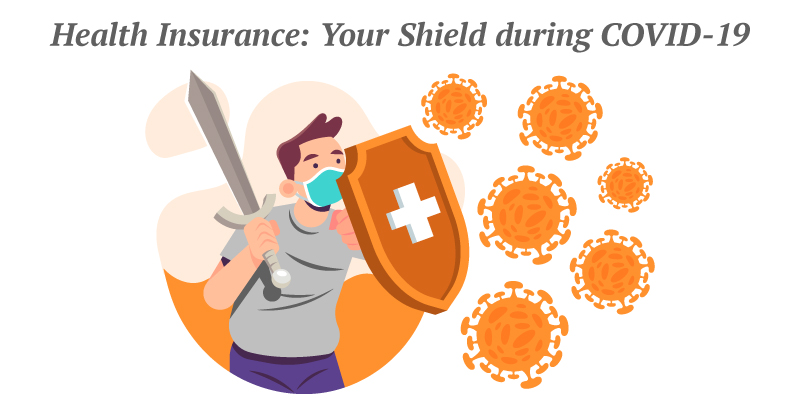There is no such thing as a one-size-fits-all mortgage solution. Some have more rigorous rules than others. Depending on the lender, down payments might range from 20% to as low as 3% of the home's buying price. Some loans require you to have excellent credit to be approved. Others are aimed at people with less-than-perfect credit histories.
1. Conventional Mortgages
A conventional mortgage is not insured federally. Most borrowers can get a conventional loan secured by Freddie Mac or Fannie Mae, two government-sponsored firms that acquire and sell conventional loans in the US.

2. Conforming Mortgages
The federal government has set maximum lending limitations for conforming loans, which are subject to those limits. Depending on where you live, these restrictions may differ. Conforming loan limits for one-unit properties will rise from $548,250 in 2021 to $647,200 in 2022, according to the Federal Housing Finance Agency (FHFA).

3. Non-conforming Mortgages
Because of the amount borrowed or underwriting criteria, Freddie Mac and Fannie Mae normally cannot sell or buy non-conforming loans. There are many non-conforming loans, but the most common is a "jumbo loan." Jumbo loans are so named because they generally surpass the boundaries set by conventional lenders.
If you want to get a loan, you'll need to have a good credit score, a big amount of cash on hand, and a 10% - 20% down payment (or more).
4. Federal Housing Administration (FHA) Loans, which the federal government backs.
First-time homebuyers with low to moderate incomes who cannot obtain a conventional loan frequently resort to FHA-insured loans from the Federal Housing Administration. Borrowers might put as low as 3.5% of the buying price of the home down on their purchase.
Compared to conventional mortgages, FHA loans offer a lower credit score requirement. Instead of directly lending money, the Federal Housing Administration (FHA) only guarantees loans from FHA-approved lenders. FHA loans have one downside. All borrowers are required to pay an annual mortgage insurance premium (MIP) throughout the loan, which serves as insurance for the lender against default.
5. VA Loans
Qualified military personnel, veterans, and their spouses can get VA-guaranteed house loans through the Department of Veterans Affairs (VA). Borrowers are not obliged to make any down payment to finance the entire loan amount. In addition, there are fewer closing expenses, better mortgage rates, and no requirement for PMI or MIP.
6. Insured Loans from the US Department of Agriculture (USDA)
The USDA insures loans to low-income customers in rural areas countrywide. A property must meet USDA eligibility requirements to qualify for these loans.
Fixed-Rate Mortgages
The length of your mortgage repayment is a major component in determining your loan's price and interest rate. There is a fixed interest rate throughout the loan's life, usually 10-30 years.
Adjustable-Rate Mortgages
ARMs offer a fixed rate for up to 10 years, but beyond that, the rate changes based on market conditions. If you can't afford the increased monthly mortgage payment when the rate resets, these loans could be problematic for you.







